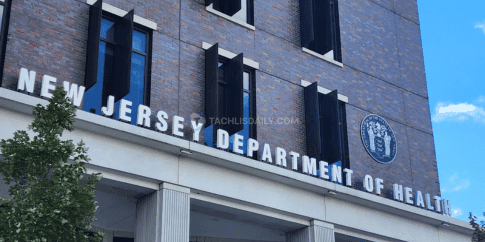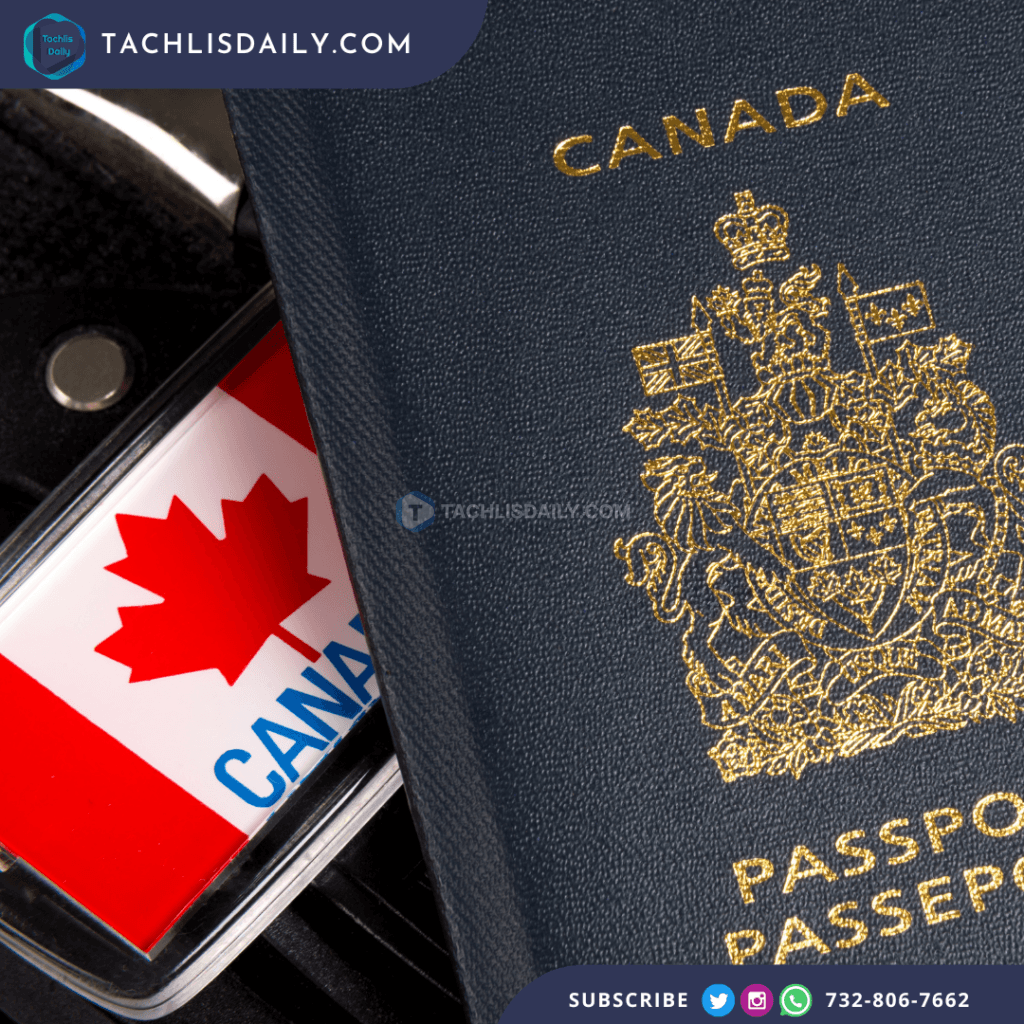
The New Jersey Department of Health (NJDOH) announced today proposed rules creating a single, integrated license for outpatient health care facilities. This landmark reform – achieved in conjunction with the New Jersey Department of Human Services – will cut historical red tape and enable providers to deliver integrated primary care, mental health, and addiction treatment services. This comprehensive, whole-person approach is proven to deliver improved health outcomes and better patient experience.
“Mental health is health. Patients deserve to get the care they need in a fully coordinated way, and without having to jump through unnecessary hoops of an overcomplicated system,” said Health Commissioner Kaitlan Baston, MD, MSc, DFASAM. “For too long, separate rules for primary care, mental health, and addiction treatment created artificial barriers between types of care. The integrated license breaks down those walls to support truly patient-centered care, a major win and a big step toward tackling the mental health crisis in our country.”
“Integrating care is essential for supporting a person’s physical and behavioral health needs and we know it improves patient experience and health outcomes, particularly for individuals receiving treatment for mental health and substance use,” Human Services Commissioner Sarah Adelman said. “This new approach simplifies access to care by removing unnecessary barriers, enabling providers to deliver the comprehensive services that individuals need in one convenient location. It’s a crucial step forward in enhancing our state’s behavioral health system and ensuring that all New Jerseyans receive the compassionate, coordinated care they deserve.”
The proposed new rules address longstanding obstacles and a complex regulatory regime that have impeded health care providers’ ability to offer coordinated physical and behavioral health services. Commissioners Baston and Adelman have made delivering this highly-anticipated rule a top priority, especially as the COVID-19 pandemic demonstrated the interconnectedness of physical and mental health.
Under the current fragmented regulatory system, facilities offering primary care, mental health, and addiction treatment services in a single location are required to secure three separate licenses, each with different regulatory requirements. These rules have historically required providers to make patients receiving different categories of care use different entranceways and required providers to keep separate medical records when a patient receives physical and behavioral health services.
While the State has issued waivers to relieve some of this regulatory burden, the proposed integrated license rule, when adopted, would put a permanent end to an outmoded approach.
The proposed integrated license will benefit several types of outpatient facilities, including Federally Qualified Health Centers (FQHCs), outpatient mental health and substance use disorder providers, and licensed primary care clinics.
Key improvements include:
Allowing facilities to maintain unified medical records for patients,
Eliminating requirements for separate physical spaces and entrances,
Enabling shared treatment spaces and infrastructure,
Permitting providers to offer “adjunctive services” like wound care and preventive care without requiring full licensure for each service type,
Expanding access to withdrawal management services and medications for addiction treatment like buprenorphine, and
Enabling qualified physicians to deliver reproductive health services without unnecessary barriers and eliminating the requirement of a staff OB/GYN to provide essential care.
Allowing integration of counseling and therapy into primary care without full behavioral health licensure.
The proposed rule would also make permanent a Department of Health waiver that increased the accessibility of Medications for Opioid Use Disorder (MOUD) treatment.
This builds on other Murphy Administration efforts to address the opioid crisis, including decriminalizing harm reduction supplies, expanding harm reduction centers, and making New Jersey the first state in the nation to allow paramedics to treat opioid addiction in the field with buprenorphine.
These and other initiatives have helped drive down the number of overdose deaths in New Jersey across all racial and ethnic groups in 2023, the most recent year for which comprehensive final data is available.
The proposed integrated license rule is submitted to the Office of Administrative Law and is likely set to be published in the April 21 edition of the New Jersey Register, beginning a 60-day public comment period. Following the comment period, the Department will respond to feedback before publishing the final rule adoption.
The New Jersey Department of Health is a nationally accredited health department working to ensure that all New Jerseyans live long, healthy lives and reach their fullest potential. With more than 5,500 employees, the Department serves to protect the public’s health, promote healthy communities, and continue to improve the quality of health care in New Jersey.










